Introduction
Cup, Trophy, Cup, are the names given to football awards around the world. Cup literally refers to a cup, or trophy, and normally tournaments that have this name, such as the European Super Cup, have their awards in this concave shape.
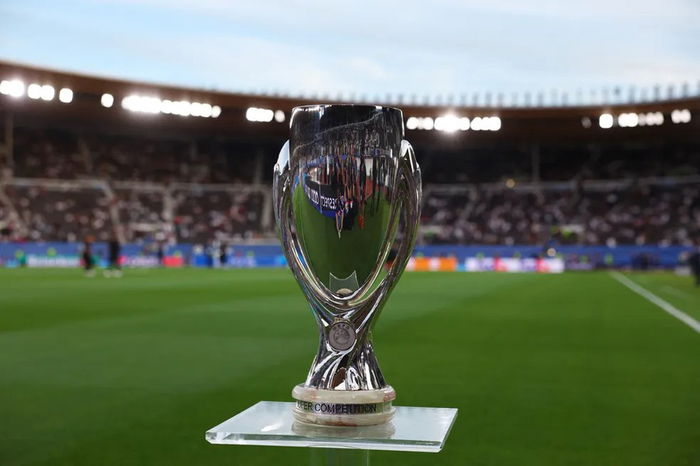
Another widely used format is that of the Trophy, which can have various sizes and shapes, but the most used of all is the vertical shape with some type of ornament on top, and a base, like the FIFA Club World Cup and the Recopa Sudamericana.
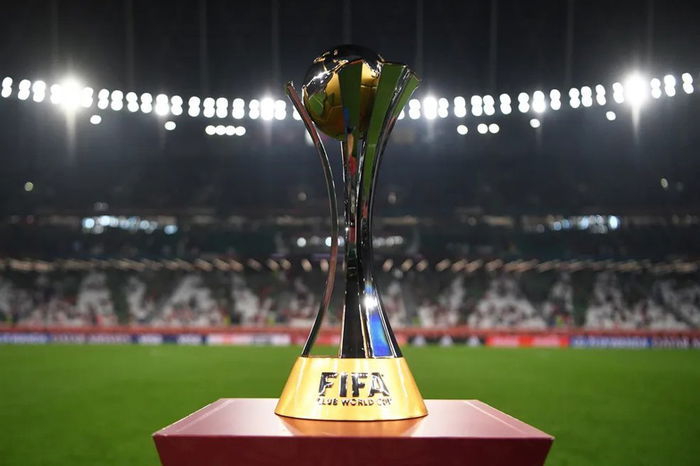
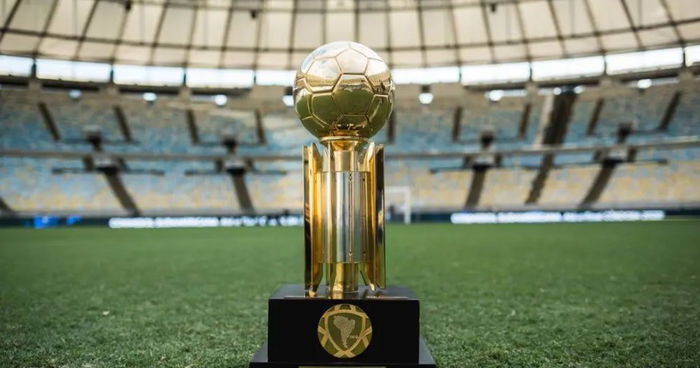
This type of trophy shape is widely used in tournaments in Europe, America and Africa, However, not all cultures in the world have adopted the “Pointed” or “Concave” shape of the trophy to represent the greatest achievement of their leagues and tournaments.
Some countries in Asia, Oceania, the Middle East and some specific countries in Europe use a different form of trophy, let's see what they are.
Asia Champions League
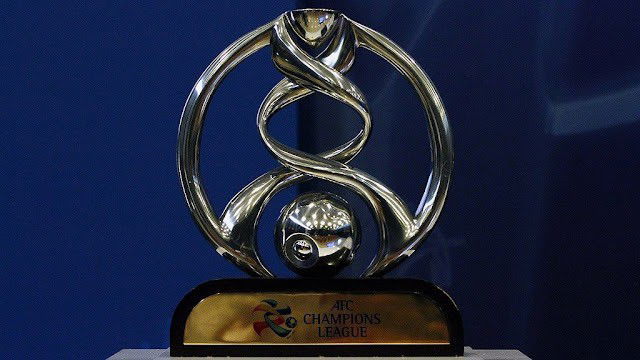
This is currently the largest trophy in the biggest club competition in Asia since 2003. The trophy consists of a hoop with a twisted column in the middle in the shape of DNA.
Oceanian Champions League
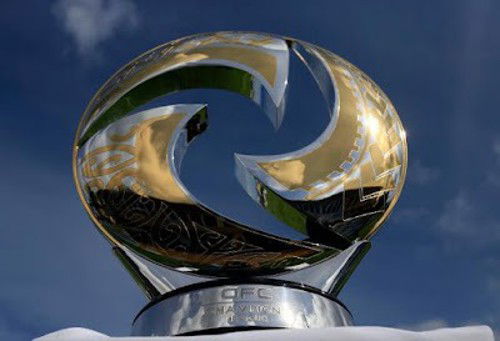
Since 2005, it has been the largest club competition in the continent of Oceania, and guarantees a place in the FIFA Club World Cup. Until 2012, the tournament used a traditional shaped cup as a prize, but in 2013, the competition adopted a circular trophy. The trophy can be removed from the base so that only its circular part can be raised during the champions' ceremony.
Bundesliga - German Championship
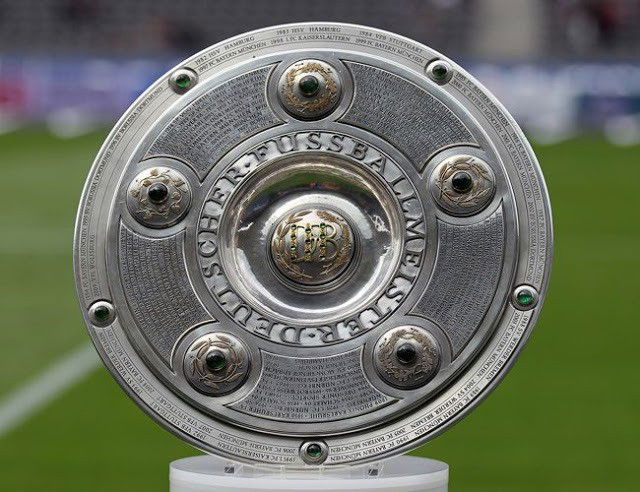
The Bundesliga trophy was designed by renowned goldsmith and jewelry designer Elizabeth Treskow. The silver plate weighs over 11kg and has 16 tourmaline gems on its face. The names of all the tournament champions since 1903 are engraved on the face of the plate.
Due to its shape, it is known as a silver salver or salad bowl. In the 1980s, the salad bowl became too small for the engravings of the tournament's winning teams, so a silver ring was carved around it to make more room for new engravings.
A League - Australian Championship
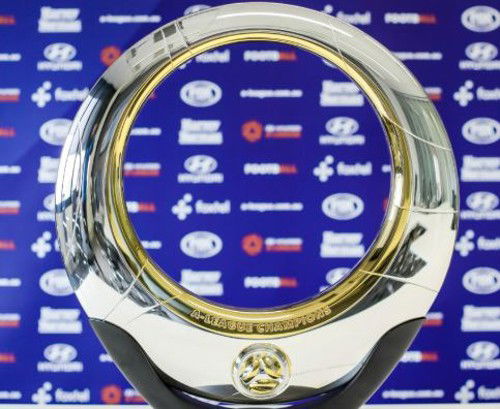
This is Australia's main national championship, it had its first champion in 2006.
The trophy design is a ring inspired by a laurel wreath and the Olympic rings.
Bundesliga - Austrian Championship
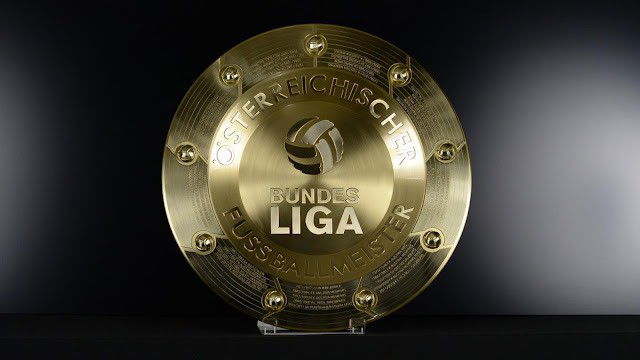
Inspired by the German championship, Austria also uses its trophy in the shape of a salad bowl.
Before 2015, the trophy, also circular in shape, had a golden ball in the center, but it was replaced as it no longer had space for engravings of the names of the champion clubs.
From 2015 onwards, Austria adopted a more modern trophy, with plenty of space for the names of the champions for the next 45 years.
K League - South Korean Championship
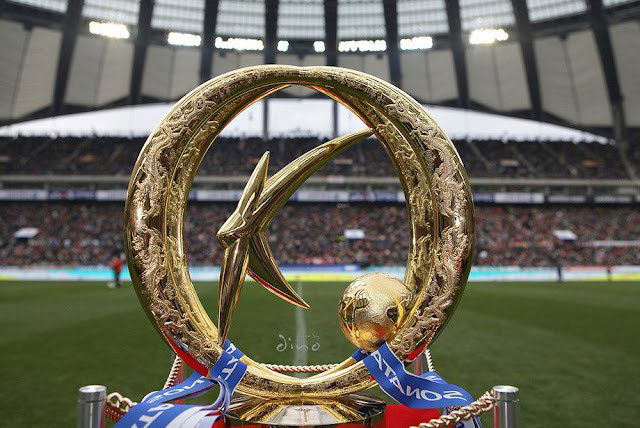
The trophy for South Korea's biggest national competition has had a unique design since 1998. It consists of two intersecting rings, with a golden star and a golden globe in the center.
Egyptian Premier League - Egyptian Championship
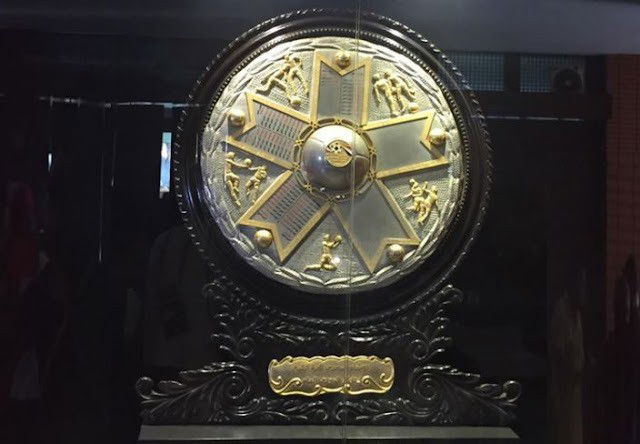
The trophy is a silver shield with a wooden base ring. Recently, some gold details were added, during a process of modernization of the Egyptian league.
The tournament champions have their name engraved in the center of the shield, precisely between one of the 5 flags highlighted on the face of the trophy.
Ligue 1 - French Championship
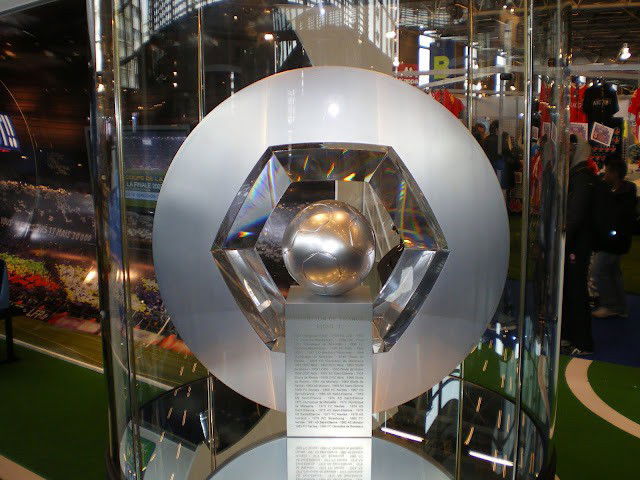
Since 2007, Ligue 1 has used the “hexagonal” trophy. Made of bronze and aluminum, the trophy has a hexagonal-shaped inner ring made of crystal. This decoration reflects light directly onto the bronze ball in the center of the trophy, creating a rainbow effect.
All the tournament champions are engraved on the base.
Players from the winning Ligue 1 team receive a “mini” version of this trophy.
Eredivisie - Dutch Championship
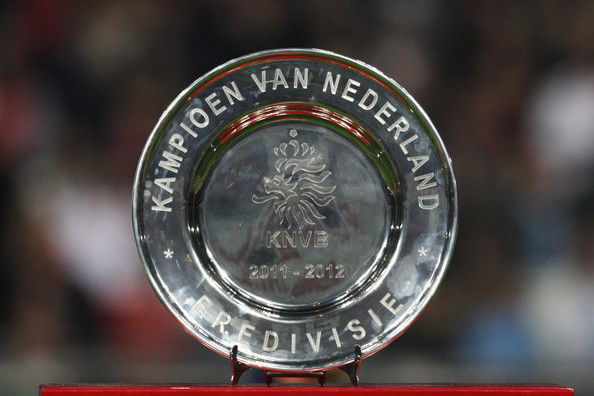
The Netherlands is another country that adopts a plate or salad bowl as a trophy for its main league.
Since 1956, different plates have been used for each season, but all have a similar design, the only difference being the engraving of the year in the center of the trophy.
In 2016, the plate's engravings were made in gold to commemorate the league's 60th anniversary.
And in 2021, Ajax melted down its trophy to make 42,000 small silver stars (approximately 1 cm) to give as gifts to its fans who were unable to attend the stadiums during the pandemic.
In 2011, during their celebration, Ajax dropped the trophy from the bus, and another bus that was coming right behind ran over the salad bowl and crushed it.
J League - Japanese Championship
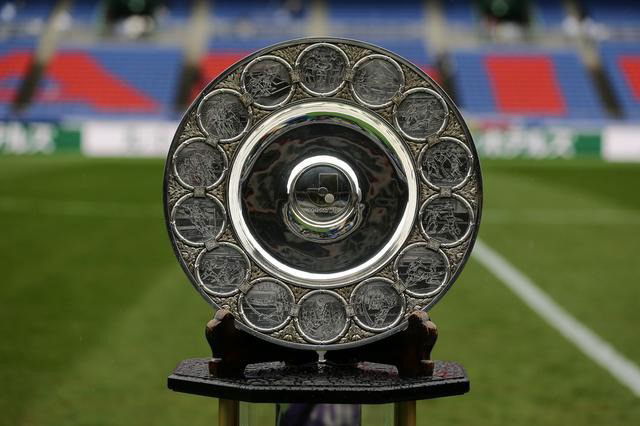
This has been the trophy for Japan's biggest national competition since 1992. Around it, the salad bowl has 14 circles with engravings of iconic football plays.
FIFA Club Super World Cup 2025
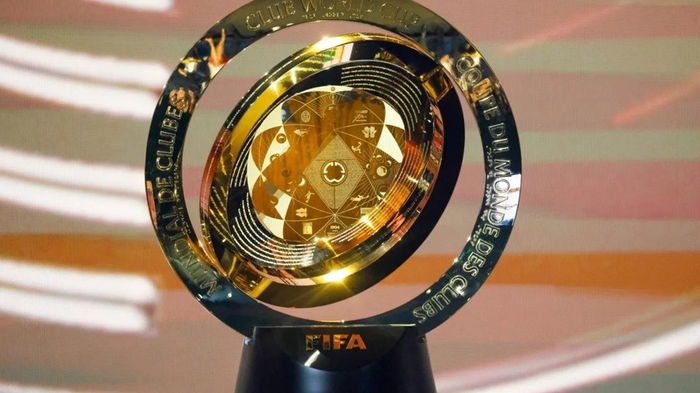
For 2025, FIFA decided to innovate and create an “unparalleled” trophy design that represents the “symbol of the future, inspired by the past”. The trophy is a 24-karat gold-plated plate or shield, designed by Tiffany & Co, with 3 internal gold rings that rotate around each other. These rings have engravings in several languages, and the central plate has engravings of players running, kicking the ball, and even performing bicycle kicks.
The main idea of the trophy is to celebrate and start a new modern era of world football.
Conclusion
If you've read this far, thank you very much, I hope you had fun and enjoyed the content.
Don't forget to share this article on social media. Until next time!









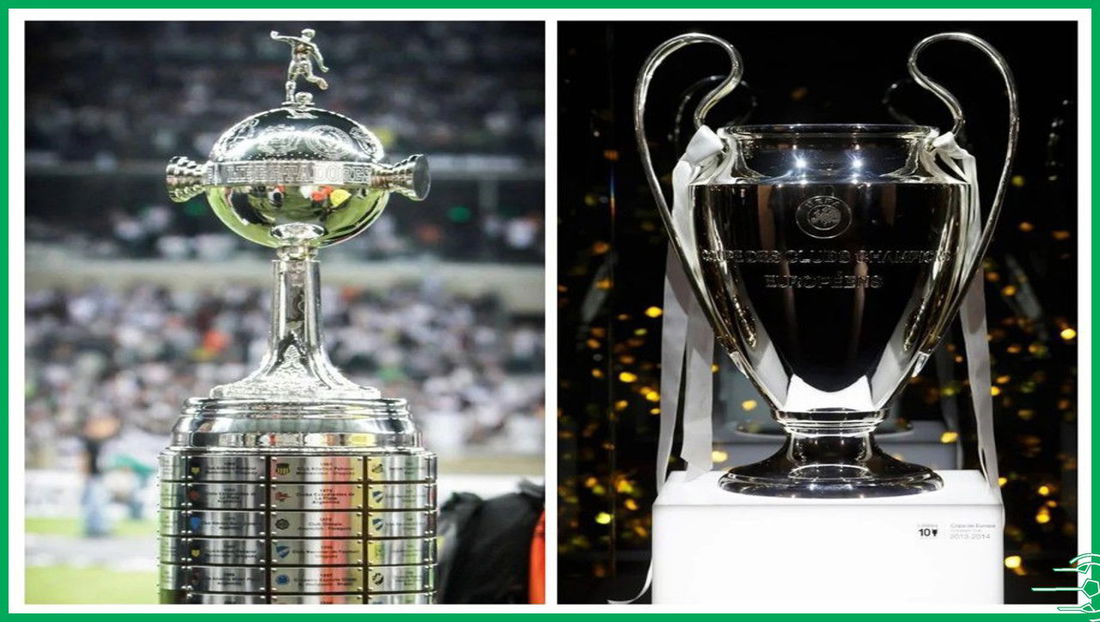




— Comments 0
, Reactions 1
Be the first to comment